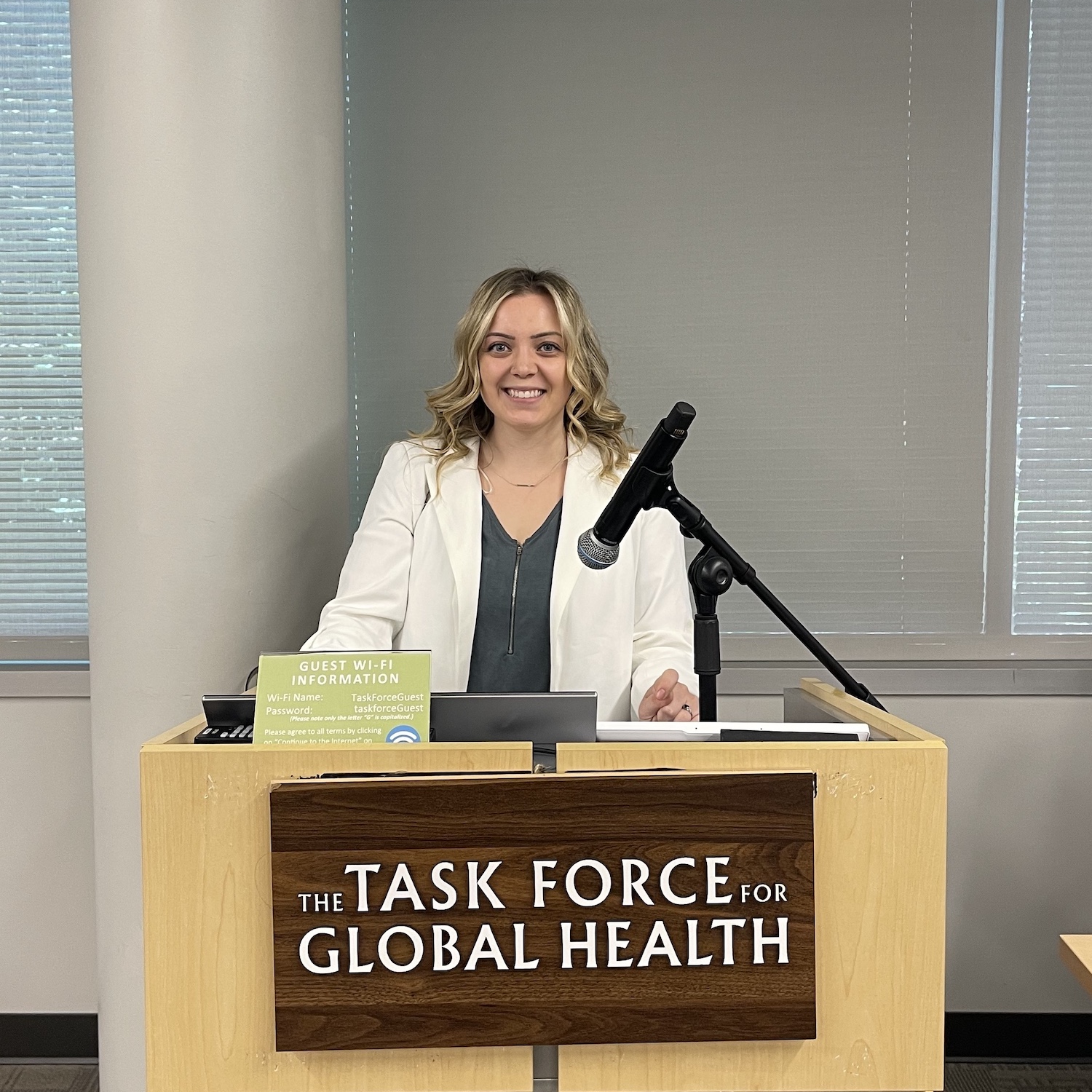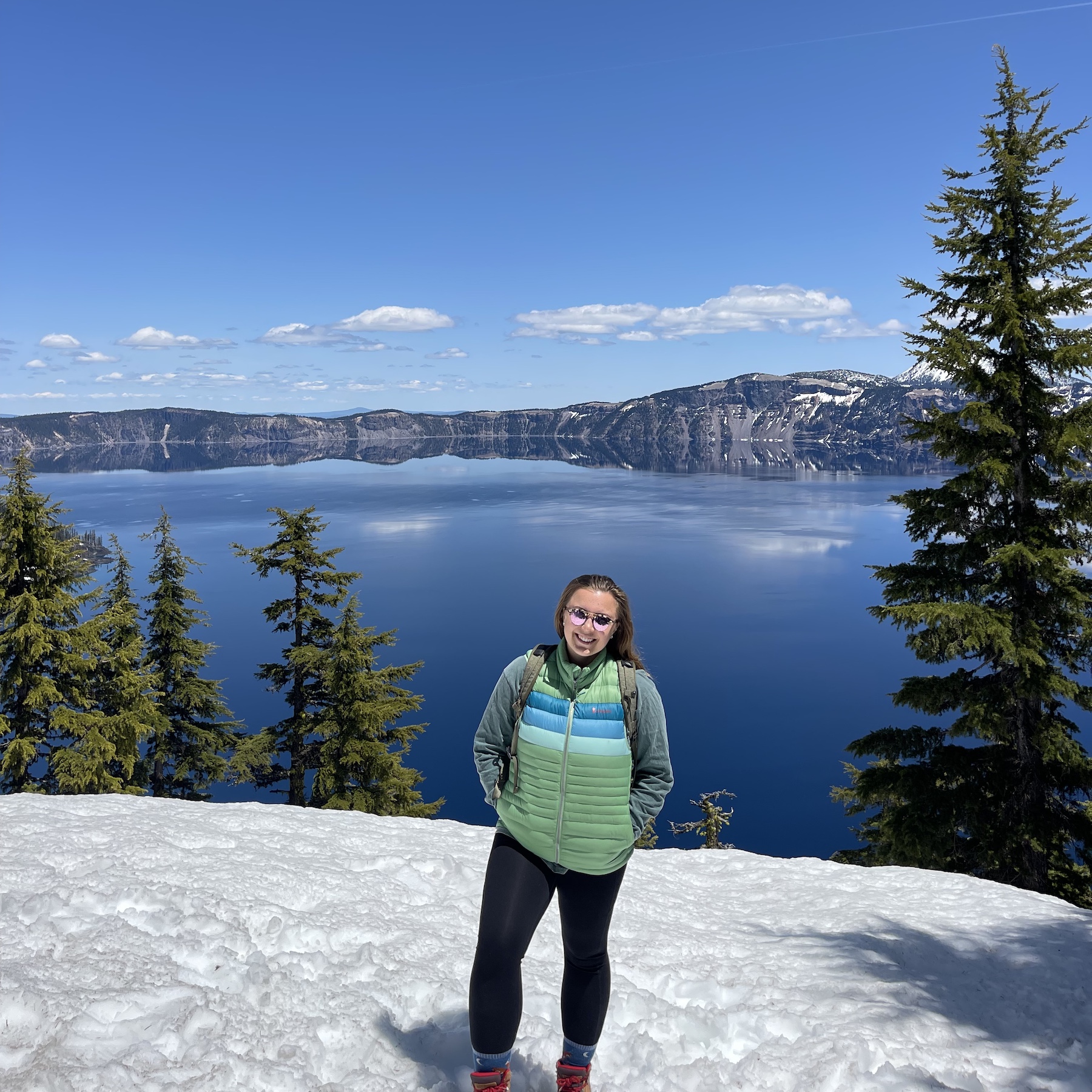Quiz time: What has been rigorously tested since 1796, extensively peer-reviewed, and saved over 154 million lives in the past 50 years alone? And the answer is—vaccines! Vaccines have become a hot topic recently, but what exactly are they, and why are they so important? As a public health professional, these are some of the most common questions I get—and I love answering them! It gives me the chance to share evidence-based information so that people can make informed healthcare decisions for themselves and their loved ones.
Imagine it’s the 1870s. The Industrial Revolution is in full swing, bringing exciting new technologies. Factories are rising, cities are growing, and people are living closer together than ever before. But with inadequate sanitation, poor working conditions, and no modern medicine, diseases spread rapidly. One of the worst illnesses at the time? Smallpox. Smallpox was a highly contagious viral infection, often spreading through airborne particles from coughs and sneezes. If you were unfortunate enough to catch it, you spend agonizing days with high fevers, painful rashes, pustules, and sometimes even death. Smallpox killed about 3 of every 10 people infected, and those who survived often experienced permanent disability, blindness, and scarring on the face. In its final 100 years, smallpox claimed an estimated 500 million lives. It was devastating—until science changed everything. Enter Edward Jenner, the doctor who developed the first smallpox vaccine. His breakthrough was so effective that, by 1980, the World Health Organization declared smallpox eradicated. That means there are no more natural cases of smallpox anywhere in the world—a direct result of global vaccination efforts. But here’s the key: vaccines only work if people take them. In the 19th and 20th centuries, millions of people saw the need for vaccination and stepped up to protect themselves and their communities. Their willingness to get vaccinated changed history. It was this same community effort mindset that has helped eradicate, or get close to eradicating polio, diphtheria, pertussis, and several diseases that affect animals. When we all work together for the greater good we can make real and lasting change.
We might not be living in the 1800s, but infectious diseases haven’t disappeared. Yes, we have better sanitation and advanced medicine, but we also live in an era of overwhelming information—and misinformation. Some falsehoods are spread unintentionally (misinformation), while others are deliberately designed to deceive (disinformation). We also live in a time where internet personalities’ opinions on vaccination often weigh as heavily in public opinion as facts provided by the scientific experts. That’s where public health comes in. Public health is about protecting and improving the health of people and communities. Some professionals focus on nutrition, others on disease tracking, and others—like me—on prevention. And the best tool we have for preventing disease? Vaccines.
The immune system in your body is composed of various organs and is your body’s defense against infections. It is the major feature our bodies have to keep us safe. When a virus or bacteria enters your body, your immune system identifies it, attacks it, and remembers it for the future. Vaccines take advantage of this by introducing a harmless version of a virus or bacteria, allowing your body to build immunity without you having to suffer through the actual disease. If you ever do encounter the real germ, your immune system will recognize it and respond much more efficiently, often preventing serious illness. But vaccines don’t just protect you. They help protect the community, especially those who are immunocompromised—people with weakened immune systems who can’t safely receive vaccines or fight infections effectively. This includes infants, the elderly, cancer patients, and people with autoimmune diseases, among others. When the majority of a community is vaccinated, diseases struggle to spread, creating a protective barrier known as herd immunity. This is how we protect our most vulnerable neighbors.

The Immunization Alliance of Michigan is still in its early stages. As the leader of that vaccine coalition and nonprofit, I spend my days working on ensuring we can operate as an organization and provide meaningful education and services to traditionally under-served populations across Michigan. I do this by engaging with community members to see what their needs are, answering questions, and addressing concerns about vaccines. Many fears stem from misinformation, so I work with healthcare providers to give them resources and trainings on how to feel confident when talking about vaccines to their patients, create media content in various formats and languages to give to communities around the state, and I eventually hope to start working with the state legislature to get better vaccine education and access laws passed to improve health for everyone across the state. At its core, public health is about helping people live longer, healthier lives. But for that to happen, they need access to accurate, unbiased, and evidence-based information. Vaccine hesitancy that stems from misinformation inherently means that people aren’t truly making informed choices—because they don’t have all the facts! Right now, working in vaccine advocacy is tough. Political divisiveness and funding cuts make it feel like an uphill battle. It’s frustrating to see vital resources at risk when all we want is for people to be safe and healthy.
But despite the challenges, we keep showing up. We keep advocating. Because this work matters. If even one person reads the scientific research and recommendations we share and decides to get vaccinated to protect themselves or their community, that’s a win. Public health workers, including myself, will continue fighting for you, your family, and your community. We all want ourselves and our loved ones to be healthy. Getting vaccinated is one of the most effective ways to achieve that. It is so important that we continue to work together to prevent the spread of disease so that we can ensure a healthier future for everyone!

